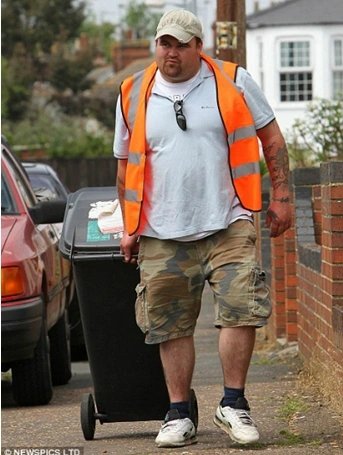
The sun was shining, drinks were flowing and music filled the air.
`This is a celebration to show everyone that we are not afraid, we do not have to lock ourselves in our rooms,` Mr. Ondrej Kozba, head of the organizing committee, said excitedly.
`We need to announce to the world that we are returning to normal life and welcoming tourists,` said Zdenek Hrib, Mayor of Prague.
Four months later, the Czech Republic is one of the places where the epidemic has re-emerged most strongly, with more than 300,000 patients and nearly 3,500 deaths.
This is not the only country fighting the second wave of Covid-19.
Thousands of Czech Republic people participated in the `Covid-19 farewell` party at Charles Bridge, July 1.
World media and the community ask the question: What caused Europe to once again fall before the epidemic?
According to Professor Martin McKee, London School of Hygiene and Tropical Medicine, many problems stem from the summer period, when countries rushed to relax social distancing without strengthening the health system.
Immediately after that, the number of infections only increased rapidly.
Daniel López-Acuña, an epidemiologist and professional advisor to the Asturias region of Spain, commented: `We do not pay attention to prevention. Many places have failed in basic health care,
Health workers said test results were released too slowly, while the positivity rate quickly rose to more than 10%.
In Belgium, authorities do not test people returning from epidemic areas or having close contact with positive cases because the laboratory is overqualified.
In Italy, only 1,775 people infected with nCoV used App Immuni (similar to the BlueZone application in Vietnam) despite strong communication from the government.
The situation in France is no brighter.
Even Germany, which had a low death rate in March and April, was overwhelmed in the second wave of the outbreak.
However, when announcing the social distancing order on October 27, Prime Minister Angela Merkel said that only 25% of positive cases had been identified, most of whom were family members.

British National Health Service students collect Covid-19 test samples at a mobile station, September 2020.
With experience from the beginning of the pandemic, experts believe that failure in testing and contact tracing is inevitable.
She mentioned the cases of South Korea, Taiwan and China.
`Europeans in general went on vacation in August. They brought Covid-19 to countries like Greece, where life is relatively normal and the government actively attracts tourists. Then they brought
His hypothesis is similar to a study by the University of Basel, published on October 29.
But for many months, the entire continent `slept` in a sense of `false security`.
`No one listened to our warnings,` Professor McKee.
`We missed the opportunity. In Europe, it feels like countries are just competing to not be in the worst position,` said professor Devi Sridhar.






